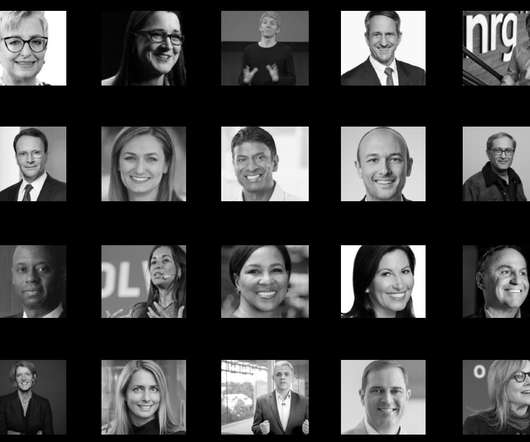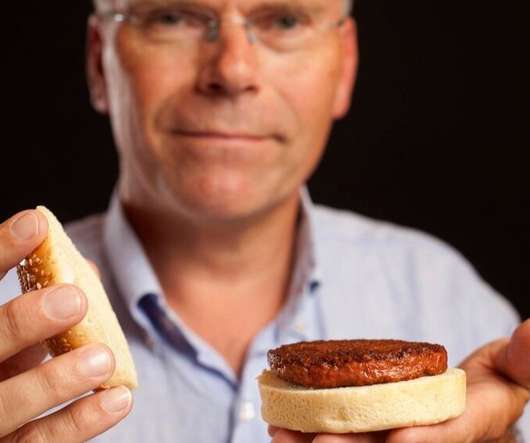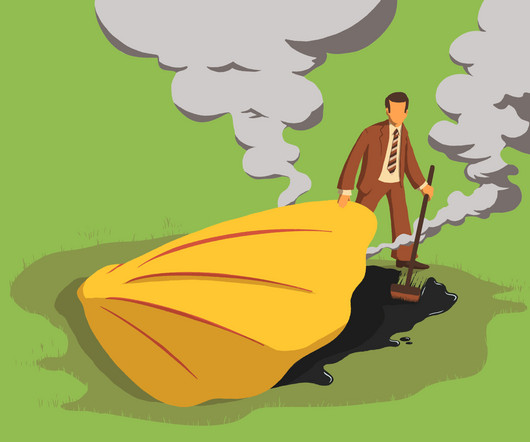20 C-suite sustainability champions for 2021
GreenBiz
JANUARY 11, 2021
The company, an early partner with the Ellen MacArthur Foundation, has positioned water and carbon emissions as equally critical in the climate crisis. Last year, Ecolab set a goal for net-zero carbon emissions by 2050, getting halfway there by 2030. No doubt those conversations will be at play in Starbucks’ 50th year.















Let's personalize your content